For a small business, year-end bookkeeping is a way to wrap up the past year, calculate your tax obligation, and reflect on your business needs moving forward. It’s also one of the most notoriously complex and disliked parts of owning a business. Its complexity is compounded by complicated laws that can change from year to year. Failing to keep up with the laws or with the bookkeeping can leave you in debt or in trouble with the IRS.
Many business owners just starting out plan to do their own bookkeeping to save money, but often find that bookkeeping involves more than they expected. Year-end bookkeeping isn’t as simple as reconciling a checkbook. It is a multi-faceted process that requires a basic understanding of laws that affect your business.
Before you begin to wrap up this year, it’s important to take an honest look at your bookkeeping habits, needs, and level of comfort with the tasks you’re about to tackle. Ask yourself:
- Am I organizing my paperwork and accounts efficiently every month?
- Am I confident that I understand the tax laws that apply to my business and how to complete the appropriate bookkeeping?
- Do I have time to do this myself, or would it be more beneficial for me to focus on my business and hire a bookkeeper?
If you’re not sure, visit Amador Accounting or call Lisa Amador at 734-330-0907.


